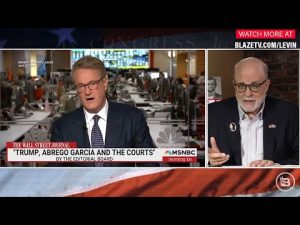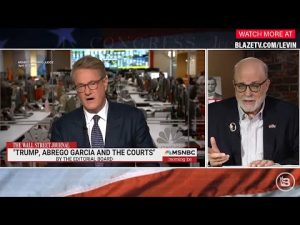In today’s politically charged environment, few topics ignite more debate than the role of Diversity, Equity, and Inclusion (DEI) initiatives within government agencies. Those who champion DEI envision a more equitable and inclusive workplace. Others, however, argue that these programs are often excessive and misaligned with core governmental responsibilities, leading to inefficiencies.
A recent development within the federal government highlights this ongoing debate. The Trump administration has pulled back on DEI spending, citing it as frivolous and unnecessary. A DEI office was shut down. Critics of these programs argue that they reflect a misprioritization, where progress in one’s career is determined not by the quality of work but by contributions to DEI efforts. This system, they claim, shifts the focus away from an employee’s actual job performance and jeopardizes the core mission of government agencies, especially where national security should remain paramount.
In this context, one must ask: Is the purpose of government employment evaluation to reward contributions to DEI or to ensure the highest level of professional competence and effectiveness, especially in critical areas like national security? If half of an employee’s time is consumed by DEI-related tasks, how much is truly left for their primary responsibilities? This misdirection could ultimately undermine the ability of agencies to provide critical intelligence assessments necessary for informed decision-making at the highest levels.
The move to eliminate redundant DEI programs highlights a significant shift toward streamlining operations within federal agencies. By refocusing efforts away from DEI priorities towards core missions, such actions aim to increase efficiency and ensure taxpayer dollars fund initiatives directly aligned with the government’s fundamental duties. The debate over the role of DEI initiatives will undoubtedly continue, but fiscal responsibility and a commitment to mission-critical activities must always remain at the forefront of public policy.







